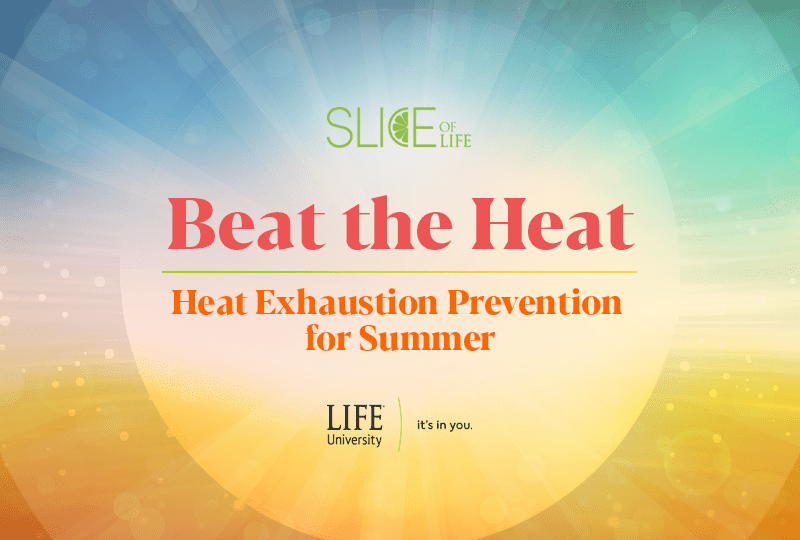These higher-than-normal temperatures that have plagued the start of summer 2022 in Georgia don’t appear to be dissipating anytime soon, reported the Atlanta Journal-Constitution in a recent article outlining the National Oceanic and Atmospheric Administration (NOAA) forecast predicting an increased likelihood of above-average temperatures across most of the U.S in the next three months.
Of course, the summer fun can’t stop just because the sun beats down. But how can we protect ourselves when we brave the heat? There are three main overheating-related maladies: heat cramps, heat exhaustion and heatstroke. All three are uncomfortable though heat cramps are the mildest, with heat exhaustion being more serious and if untreated can lead to life-threatening heatstroke. This piece will discuss all three of these but will mainly focus on heat exhaustion.
What to look for
According to the Mayo Clinic, signs and symptoms of heat exhaustion can develop suddenly or over time, often during prolonged periods of exercise. Some experiencing heat exhaustion might exhibit:
- Clammy skin with goose bumps in the heat
- Intense sweating
- Faintness and/or Dizziness
- Fatigue
- Weak, rapid pulse
- Low blood pressure upon standing
- Cramping of the muscles
- Headache
- Nausea
If you suspect that you are experiencing heat exhaustion, stop all activity and rest, move to a cooler location and drink plenty of water or sports drinks to replace electrolytes. Seek medical attention if your symptoms worsen or do not improve after an hour of rest and recovery. If you are caring for someone showing signs of heat exhaustion, seek immediate medical care if they become confused or agitated, lose consciousness or cannot consume liquids.
How to prevent heat exhaustion
The good news is that heat exhaustion is preventable. Take some proper precautions this summer to keep you and your friends and family safe. In these high temperatures, take care to:
- Wear loose and lightweight clothes. Layered clothing or tight clothes won’t allow your body to cool down.
- Avoid sunburn. Sunburn affects your body’s ability to cool itself, so don a wide-brimmed hat and sunglasses and use a broad-spectrum sunscreen with an SPF of at least 15. Apply sunscreen generously every two hours — more often if you’re swimming or sweating a good bit.
- Drink plenty of fluids. Staying hydrated helps your body sweat and maintain normal body temperature.
- Don’t sit in a parked car. This is a common cause of heat-related deaths in children. When parked in the sun, the temperature in a car can rise 20 degrees Fahrenheit (more than 11 C) in 10 minutes. It’s not safe to leave a person in a parked car in warm or hot weather, even if the windows are cracked or the car is in shade.
- Take it easy during the hottest parts of the day. If you can’t avoid strenuous activity in hot weather, drink fluids and rest frequently in a cool spot. Try to schedule exercise or physical labor for cooler parts of the day, such as early morning or evening.
- Get acclimated. Limit time spent working or exercising in heat until you’re conditioned to it. People not used to hot weather are especially susceptible to heat-related illness. It can take several weeks for your body to adjust to hot weather.
- Take extra precautions with certain medications. Be on the lookout for heat-related problems if you take medications that can affect your body’s ability to stay hydrated and dissipate heat. If you take medications or have a condition that increases your risk of heat-related problems, such as a history of previous heat illness, avoid the heat and act quickly if you notice symptoms of overheating. If you participate in a strenuous sporting event or activity in hot weather, make sure there are medical services available.


Social Media